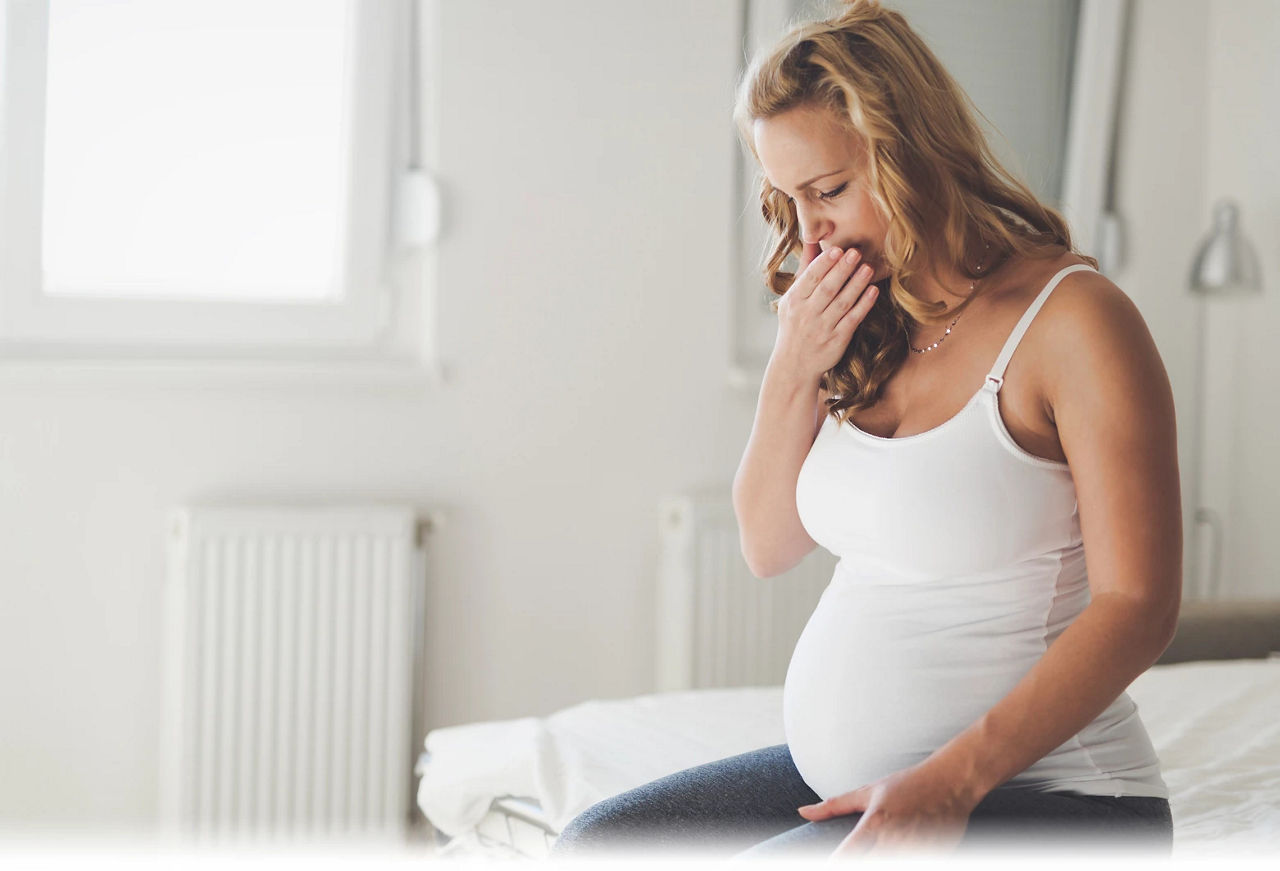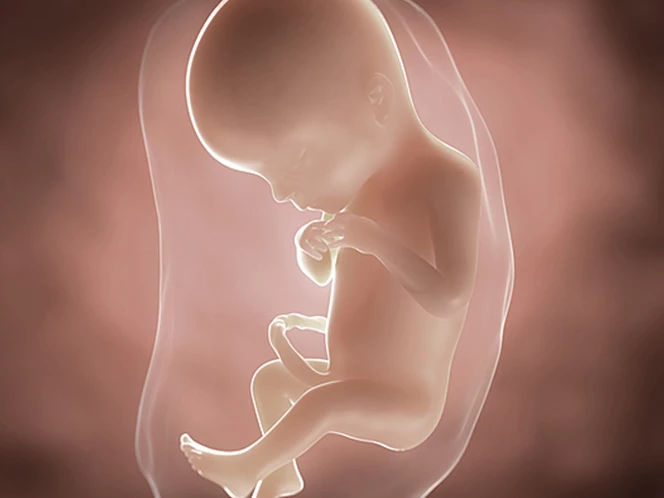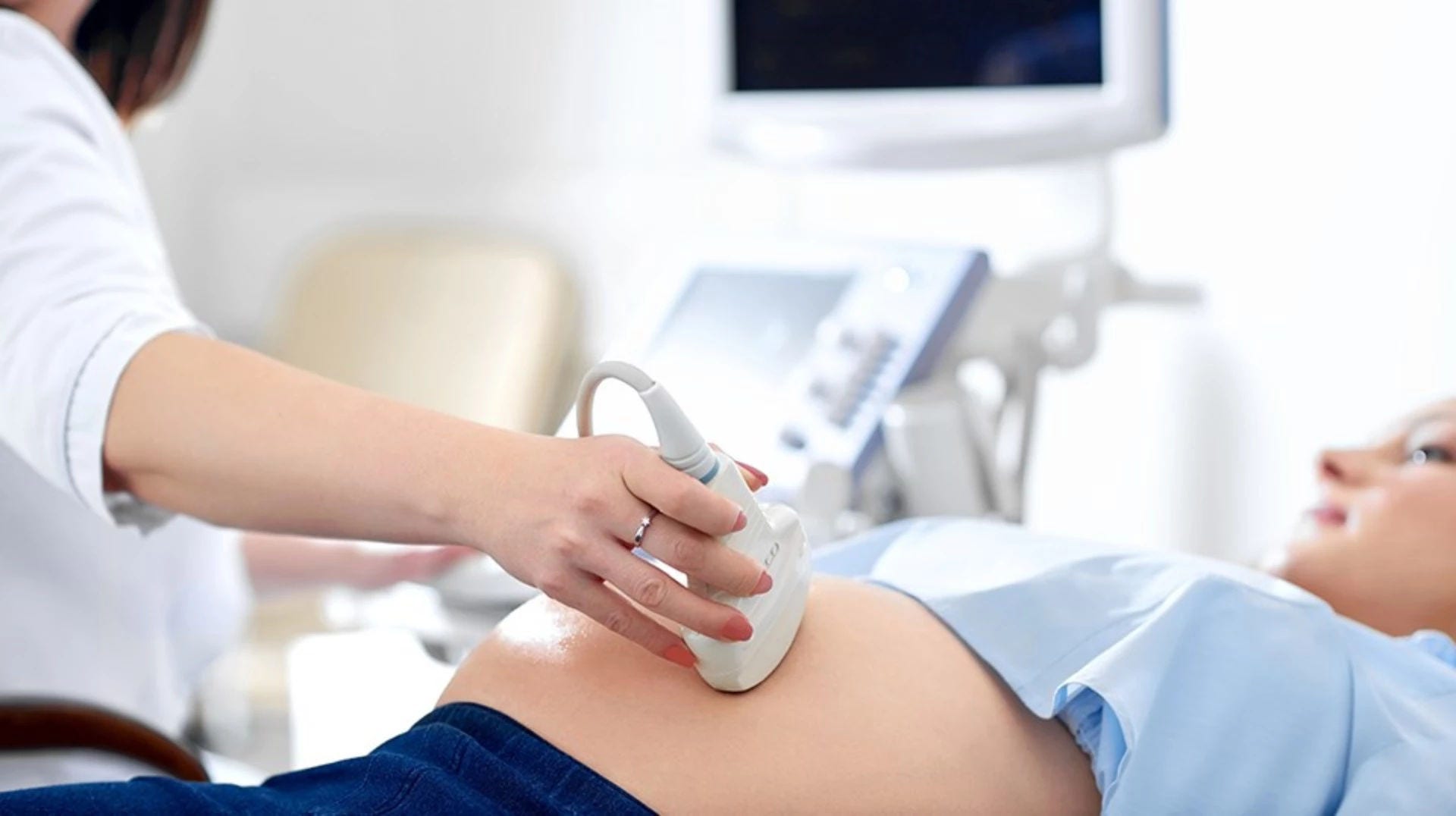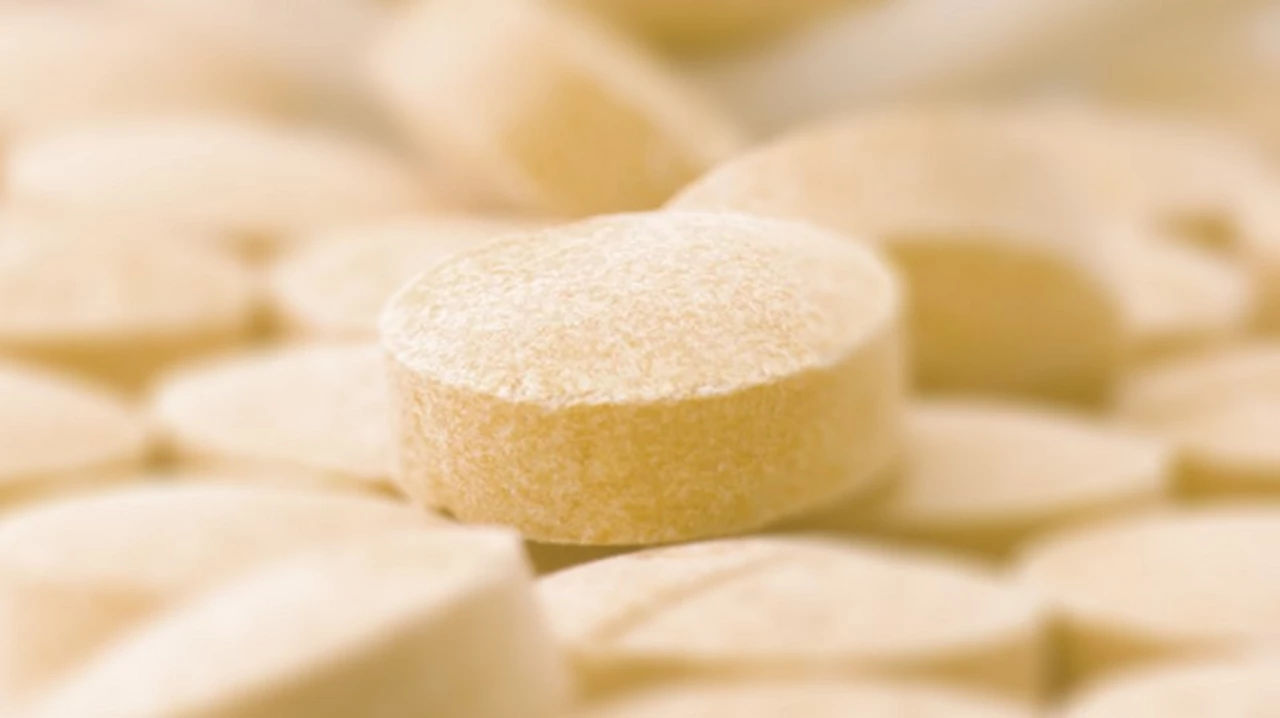As your baby bump continues to grow, it’s possible that you’ll start to experience some pelvic pain, a common feature of pregnancy for many women. Sometimes referred to as pregnancy-related pelvic girdle pain or symphysis pubis dysfunction (SPD), pelvic pain isn’t harmful to your baby, but it can make it uncomfortable for you to walk, turn over in bed, or go up and down the stairs3.
If you have pelvic pain, seek advice from your doctor, as they’ll be able to provide advice around how to keep pain and discomfort to a minimum, and will consider whether you’d benefit from working with a physiotherapist3.
At 19 weeks, you may also start to experience some irritation and discomfort in your eyes, as pregnancy hormones can cause a decrease in tear production4. Ironically though, those same pregnancy hormones can cause a build-up of excess fluid to build-up within your eyes, altering the curvature of your eyeball, and leading to mildly distorted vision5.
It’s always advisable to seek medical advice if you experience any change at all to your eyes and vision. That’s because for a small number of women this can be a sign of preeclampsia, which if left untreated, can put you and your baby at risk6.









